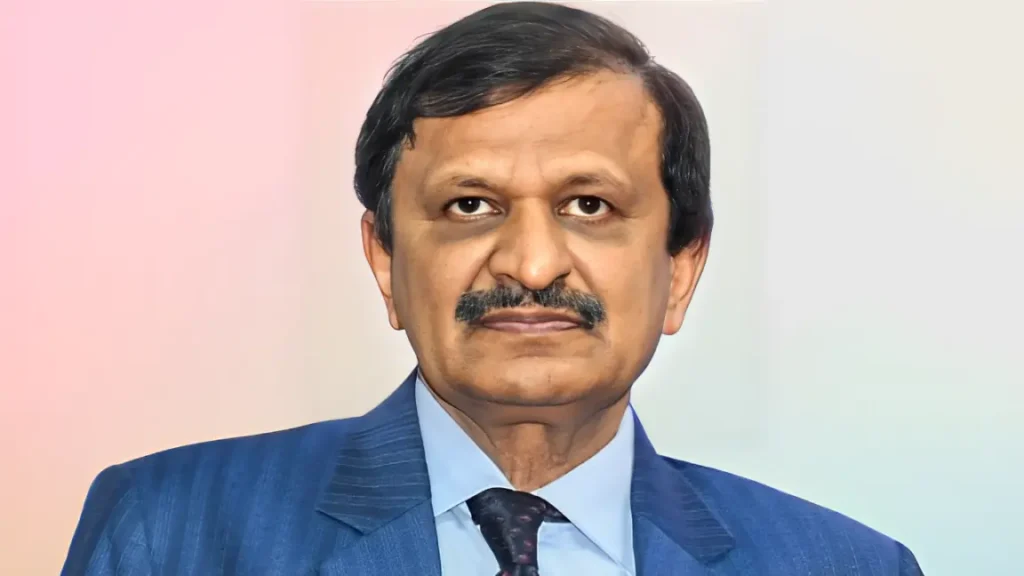1. Allegations of Favoritism in Admissions:
Dr. C. N. Manjunath has faced allegations related to favoritism and nepotism during his tenure as the director of the Sri Jayadeva Institute of Cardiovascular Sciences and Research, a premier cardiac care institution in Bangalore, Karnataka. The institute, under his leadership, became known for its affordability and accessibility to the general public, attracting thousands of patients from across the country.
Details of the Allegations:
- Admissions Controversy: The controversy primarily revolved around the admission process for postgraduate medical courses at the institute. Some individuals and critics accused Dr. Manjunath of showing favoritism towards certain candidates during the selection process for these highly competitive seats. The allegations suggested that certain candidates were admitted based on personal connections rather than merit.
- Defense and Outcome: Dr. Manjunath and the management of the institute vehemently denied these allegations. They maintained that the admission process was conducted transparently, adhering to strict guidelines and merit-based criteria. Despite the accusations, no concrete evidence was brought forward to substantiate the claims, and the controversy eventually subsided. However, it did spark discussions about transparency and fairness in medical education and admissions in India.
2. Criticism of the Indian Healthcare System:
Dr. Manjunath has been an outspoken critic of various issues plaguing the Indian healthcare system. His comments and actions have occasionally put him at odds with government officials and other stakeholders.
Specific Issues Raised:
- Underfunding and Resource Allocation: Dr. Manjunath has frequently highlighted the chronic underfunding of public healthcare institutions in India. He has called for greater investment in infrastructure, medical equipment, and training to ensure that quality healthcare is accessible to all, particularly in rural areas. His candid criticism of the government’s budget allocations for healthcare has occasionally led to friction with political leaders.
- Corruption and Bureaucracy: Dr. Manjunath has also spoken against corruption and bureaucratic inefficiencies in the healthcare system. He has pointed out that corruption at various levels, from procurement processes to appointments, hampers the delivery of healthcare services. His stance on these issues has made him a target of criticism from some quarters within the establishment, who viewed his comments as overly critical.
- Public Perception: While his critique of the system earned him respect among many for his honesty and commitment to improving healthcare, it also attracted detractors who accused him of being too critical or of having political motivations. Despite this, Dr. Manjunath has continued to advocate for reforms in the healthcare sector.
3. COVID-19 Pandemic Response:
The COVID-19 pandemic posed unprecedented challenges for healthcare providers worldwide, and Dr. Manjunath was deeply involved in managing the response at Sri Jayadeva Institute, particularly concerning cardiovascular patients affected by the virus.
Controversial Points:
- Resource Allocation: During the peak of the pandemic, there were widespread issues regarding the allocation of medical resources, including ICU beds, ventilators, and essential drugs. Some criticized the decisions made by the hospital’s administration, including Dr. Manjunath, regarding which patients received critical care. The overwhelming demand and limited resources led to difficult choices, and some families of patients felt that the allocation was not always fair.
- Handling of Non-COVID Patients: Another point of contention was the treatment of non-COVID patients, particularly those with chronic cardiovascular conditions. Some patients and their families claimed that the focus on COVID-19 led to neglect of other critical cases. Dr. Manjunath defended the institute’s approach, explaining that the extraordinary circumstances of the pandemic required a balancing act between treating COVID-19 patients and continuing to provide care for those with other serious conditions.
- Public and Media Scrutiny: As a public figure and a leader in the healthcare field, Dr. Manjunath faced intense scrutiny from the media and the public during the pandemic. Every decision made by his institute was closely watched, and any perceived shortfall was magnified. However, Dr. Manjunath’s leadership during this crisis was also widely acknowledged, with many praising his efforts to adapt and respond to the rapidly changing situation.
4. Tensions with Authorities:
Given his outspoken nature, Dr. Manjunath has occasionally found himself at odds with authorities at different levels of government.
Incidents of Note:
- Policy Disagreements: There have been instances where Dr. Manjunath’s views on healthcare policies and reforms clashed with those of the government. For example, his advocacy for greater autonomy for medical institutions and more significant investments in public health sometimes put him in opposition to government policies that prioritized privatization or austerity measures.
- Political Backlash: Some of his public statements criticizing healthcare policies were met with political backlash. Supporters of the government occasionally accused him of overstepping his role as a medical professional and engaging in political commentary. However, Dr. Manjunath has consistently maintained that his critiques were in the interest of improving healthcare and were not politically motivated.

